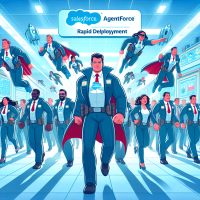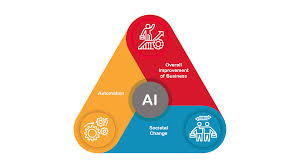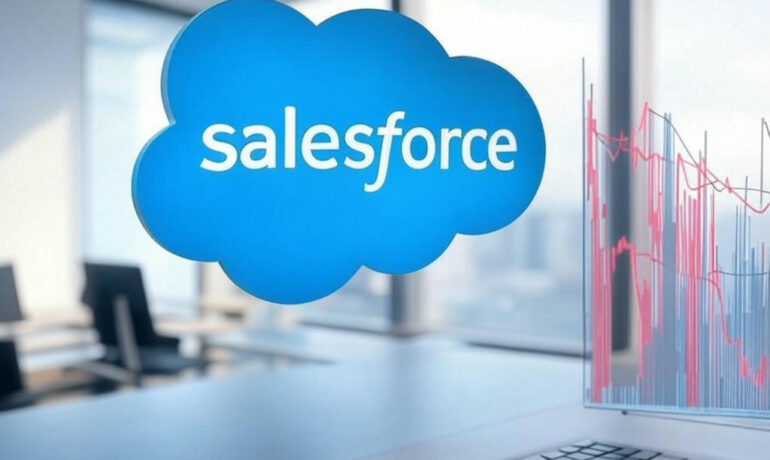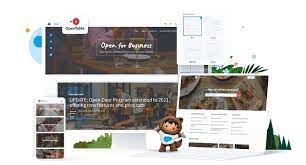Salesforce Absorbs AI Recruitment Startup Moonhub
Salesforce Absorbs AI Recruitment Startup Moonhub in Talent Acquisition Push Salesforce has effectively acquired Moonhub, an AI-powered recruitment startup, though the financial terms remain undisclosed. The move follows Salesforce’s recent $8 billion deal for Informatica and its purchase of Convergence.ai, signaling aggressive expansion in enterprise AI. Moonhub, a Menlo Park-based firm founded in 2022 by ex-Meta engineer Nancy Xu, announced on its website that its team would transition to Salesforce, an early investor. While Salesforce clarified to TechCrunch that this does not constitute a formal acquisition (Moonhub will cease operations), key personnel will join the tech giant to bolster its AI initiatives, including Agentforce, Salesforce’s AI agent ecosystem. Why Moonhub? Moonhub specialized in AI-driven talent sourcing, automating candidate discovery, outreach, onboarding, and payroll. Its clients included Fortune 500 companies, and it had raised $14.4 million from backers like Khosla Ventures, GV (Google Ventures), and Salesforce Ventures. Xu emphasized cultural alignment, stating: “Salesforce shares our core values—customer trust and a belief in AI’s role in global innovation. Together, we’ll accelerate this mission.” The Bigger Picture: AI’s HR Takeover The deal reflects the rapid adoption of AI in HR, with 93% of Fortune 500 CHROs already deploying such tools (Gallup). However, reactions remain mixed as automation reshapes recruitment. What’s Next? With Moonhub’s team now inside Salesforce, expect tighter integration of AI agents into Salesforce’s talent solutions. Meanwhile, the startup’s standalone product will sunset, marking another example of Big Tech absorbing innovative AI ventures. Key Takeaways:✅ Moonhub’s team joins Salesforce (no formal acquisition, but a strategic absorption).🤖 Focus on AI recruitment tools (automated hiring, onboarding, payroll).📈 Part of Salesforce’s broader AI push (following Informatica, Convergence.ai deals).💡 HR AI adoption is booming—but not without controversy. Update: Clarified acquisition status per Salesforce’s statement. Like Related Posts Salesforce OEM AppExchange Expanding its reach beyond CRM, Salesforce.com has launched a new service called AppExchange OEM Edition, aimed at non-CRM service providers. Read more The Salesforce Story In Marc Benioff’s own words How did salesforce.com grow from a start up in a rented apartment into the world’s Read more Salesforce Jigsaw Salesforce.com, a prominent figure in cloud computing, has finalized a deal to acquire Jigsaw, a wiki-style business contact database, for Read more Service Cloud with AI-Driven Intelligence Salesforce Enhances Service Cloud with AI-Driven Intelligence Engine Data science and analytics are rapidly becoming standard features in enterprise applications, Read more













